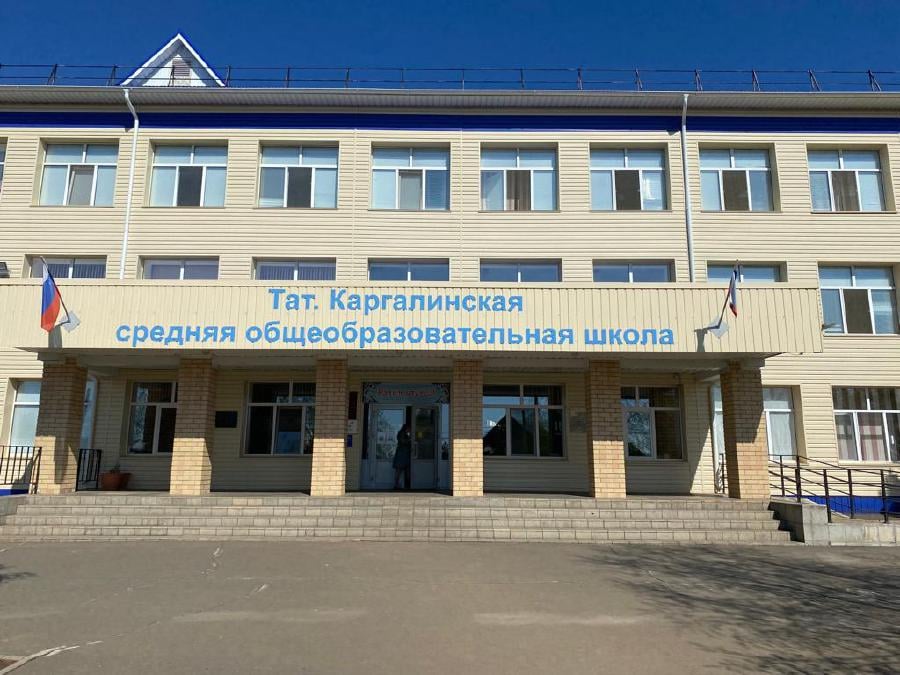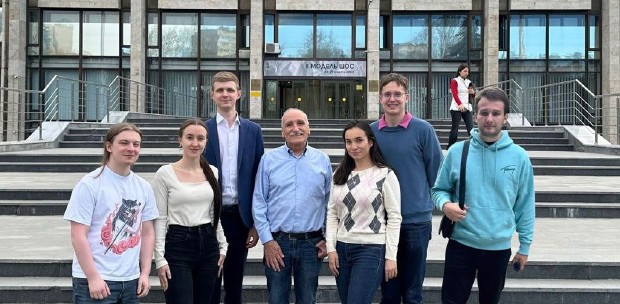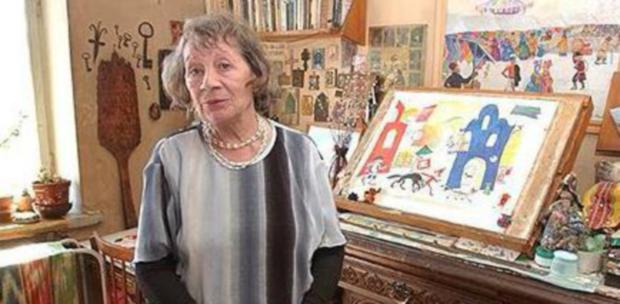RECENTLY, during the spring holiday, I went to my native village of Sakmaru, which is 1,500km from Moscow, to visit the graves of my mother and other relatives.
My friend, Zulfia Usmanova, from the village of Tatarskaya Kargala, having learned about my arrival, invited me to the Tat-Kargaly secondary school, where she's the school library head, to talk to students about Malaysia.
Zulfia is a poet and translator, and Malaysia is not a foreign country for her: she translated into Tatar the poems of some Malay poets and the tale of the kanchil.
I accepted the invitation. This is a fairly big school with about 700 students and 50 teachers and an active and creative director, Taukhida Faritovna Nizamutdinova.
She believes that students are not a jug to be filled with knowledge, but a torch to be lit.
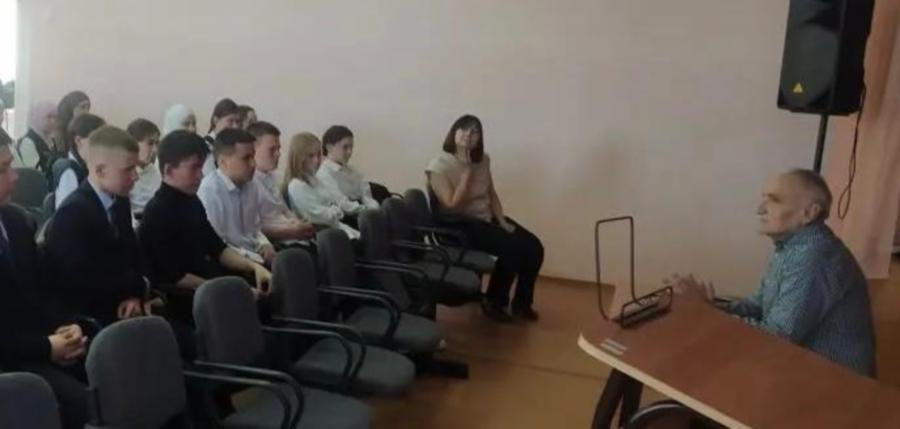
Thanks to her initiative, there are many creative groups established and even an amateur theatre in the Tatar language at the school.
In addition to the usual subjects, the basics of religions are studied there, including Islam, which is natural, because Tatars are mostly Muslims.
The assembly hall, designed for 300 people, was nearly full.
Children with excited eyes eagerly waited for my talk: not many guests from Moscow come to them, especially with such an interesting topic as distant and mysterious for them: Malaysia.
I told them how for the first time in 1970, while a student, I set foot on the blessed Malaysian land, how warmly we were met and how many friends we made in this country.
And, of course, I talked about my visits to places in Malaysia, including my 15-year tenure as an associate professor at Universiti Malaya, something that I talk about, endlessly.
And although my story was detailed, there were many questions at the end by the students about me and Malaysia.
They asked, for instance, what is the most beautiful island in Malaysia? Is it true that the Petronas Twin Towers were once the tallest in the world?
Also, have I been to jungles, and are elephants and tigers found there, and what about crocodiles in rivers, and the languages spoken in Malaysia.
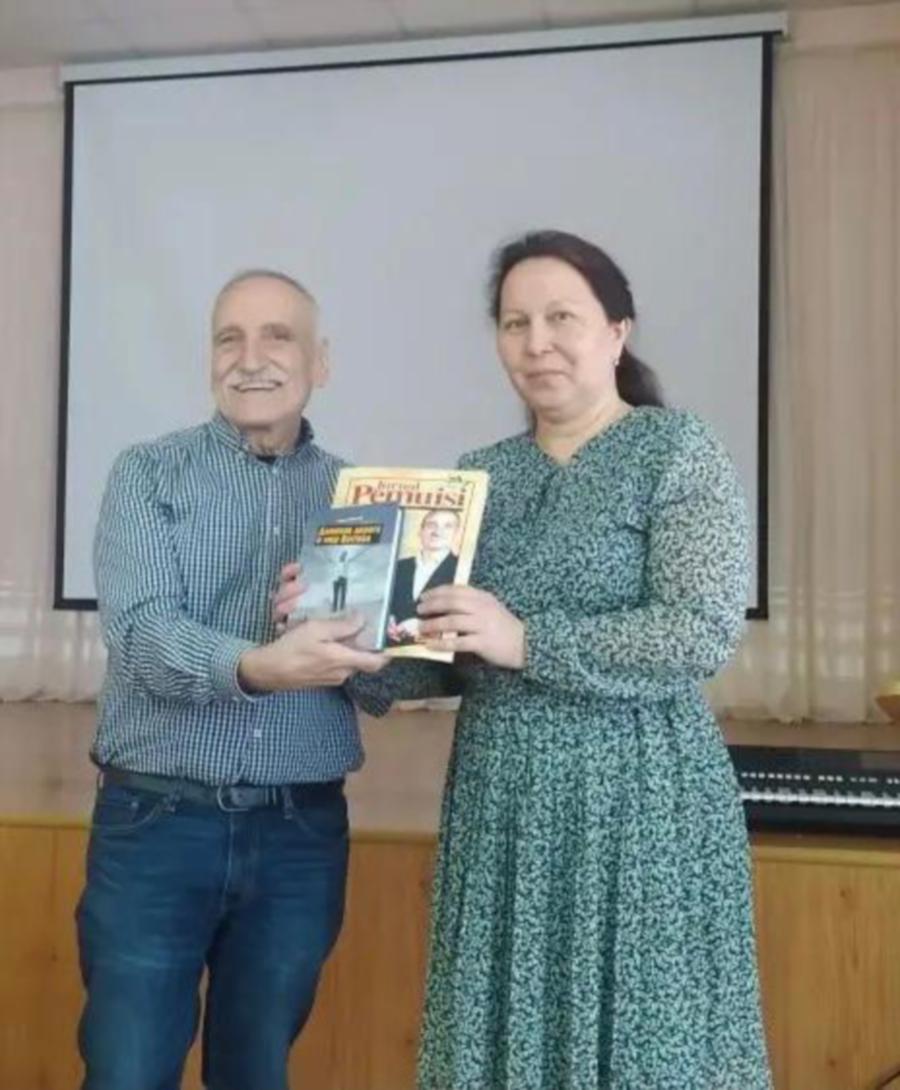
Some even asked for me to say a few Malay phrases, and later at the school foyer, I heard some students saying to each other "Apa khabar" in Malay and answering "baik".
Interest was also shown in Malay literature, and then I talked about my translations and even read "Motherland" (Tanah Air), a poem by my favourite poet, Usman Awang, in Bahasa Malaysia.
The two hours allotted for our meeting passed by quickly, but we agreed that we would meet and continue our conversation about Malaysia when I visited my hometown again.
This talk is among many on my part about how the thread of friendship and mutual understanding is stretched between distant lands, Malaysia and Russia.
The writer, writing from Russia, is a former Universiti Malaya lecturer


